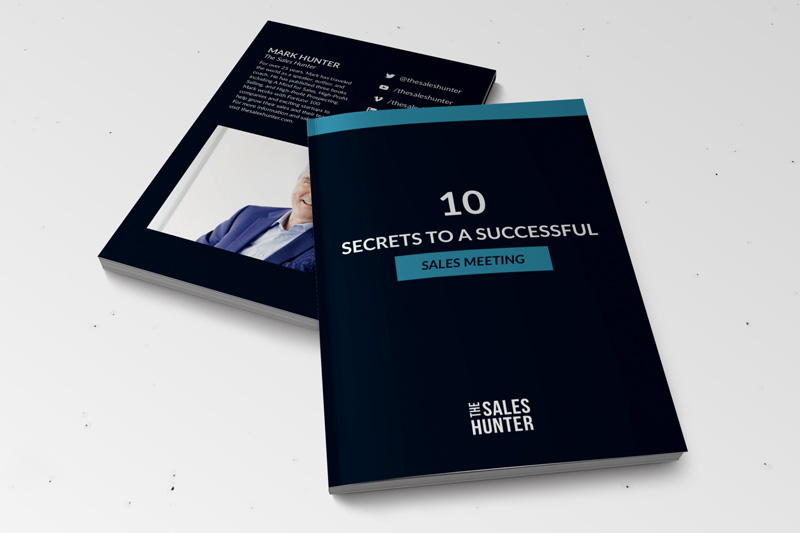Here is a simple tip to follow if you want to positively impact your sales motivation: Do not give credit to your competitor.
Just because your competitor has had a long-term relationship with a customer is no reason to think you can’t get in the door and start doing business with the same customer. One thing the economy has taught many companies is how they need to always remain open and receptive to finding new suppliers and vendors.
We’ve all heard of far too many salespeople who have lost long-term customers — all because they took their business for granted and failed to continually be mindful of how they service them. I’m writing this today to continue preaching about the need to never accept the belief that you can’t do business with a certain company or individual because they’ve got such a strong relationship with a particular vendor or supplier. Don’t ever allow yourself to accept that belief. Hear are a few strategies to consider:
One strategy I like for those salespeople who sell consumables or something that needs to be purchased frequently is to not try to take all of the business from your competitor right away. To embrace this strategy of pacing yourself, you may initially have to cut your sales margin or offer additional services that ultimately can hurt your gross and net margin. The approach I like is to go in and create a name for yourself. You create name recognition as you look to be the supplier or vendor that can be there as a secondary supplier — or one that can support the customer in the midst of a crisis or supply issue your competitor may experience.
When you’re viewed as the one who can bail the customer out in time of need, you’ll be able to do so at full margin. By helping the customer in a time of need, they will be very amenable to buying more from you in the future. After the customer has had the chance to work with you in times of need, they will invite and encourage you to help them with other pieces of their business. This ultimately allows you to take business away from your competitor and hopefully without having to get into a pricing or margin war.
Another strategy is to not attempt to replace your competitor completely, but rather become the primary supplier on other items. You do this by working closely with the customer on new items they’re developing or desiring. The idea is to be seen by the customer as a supplier who helps them strategically to grow their business. When the customer views you in this light, they see you not as a low-price supplier but as an intellectual partner. This allows you to have a relationship with them that is not focused on price reductions.
Ultimately, this approach allows you to earn a seat at the table with the customer to have discussions about becoming their primary supplier. You will be replacing your competitor because of the prior work you have done with the customer in being service oriented, not price oriented.
For those of you selling larger ticket items where you’re either in or out with the customer, your strategy should be one of first establishing your name and earning confidence with the customer. You follow this up by working to create a relationship with the customer that allows you to become the vendor that helps the customer validate their needs.
This approach will allow you to uncover new opportunities and areas where you can position yourself as the vendor or supplier the customer will want when it comes time to review contracts. The more you can be seen in their eyes as the vendor who brings better ideas and questions to them, the more likely you’ll be able to influence the RFP and quoting process.
Key conclusion is to never allow yourself to think for a moment there is a customer to whom you can’t talk. There is no such thing as a prospect that should not be your customer. Your sales motivation will increase when you accept that if someone is not your customer, it is simply because they have yet to see the benefit of doing business with you. Focus in on that word “yet.” The opportunity is coming — if you intentionally pursue it.
Copyright 2010, Mark Hunter “The Sales Hunter.” Sales Motivation Blog.











